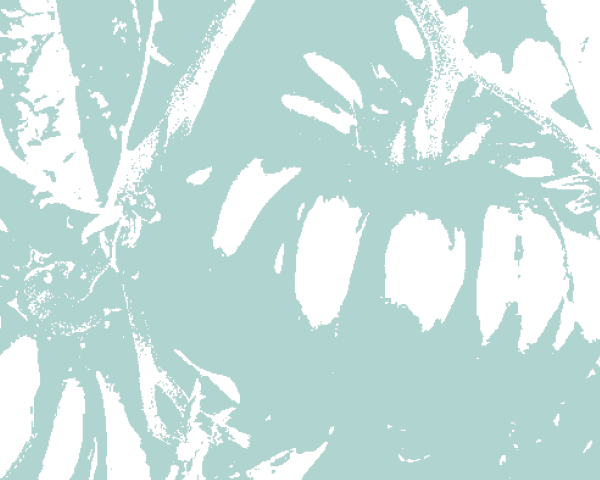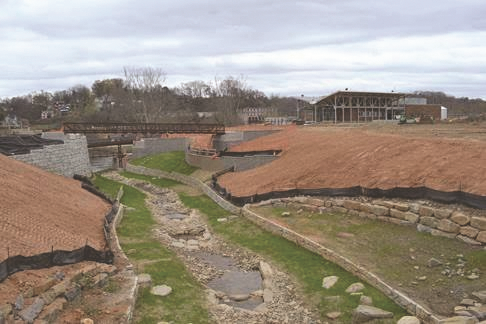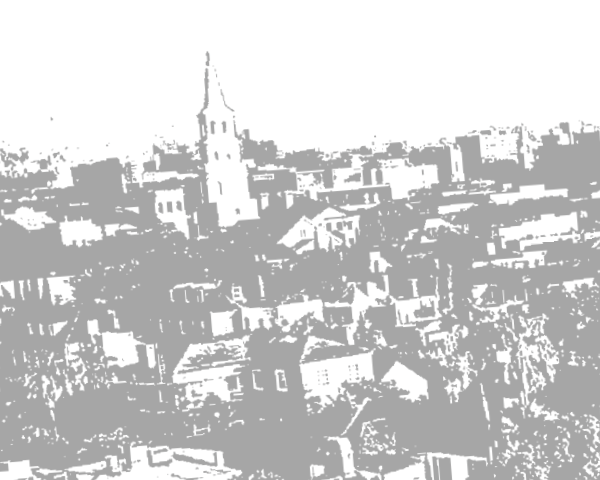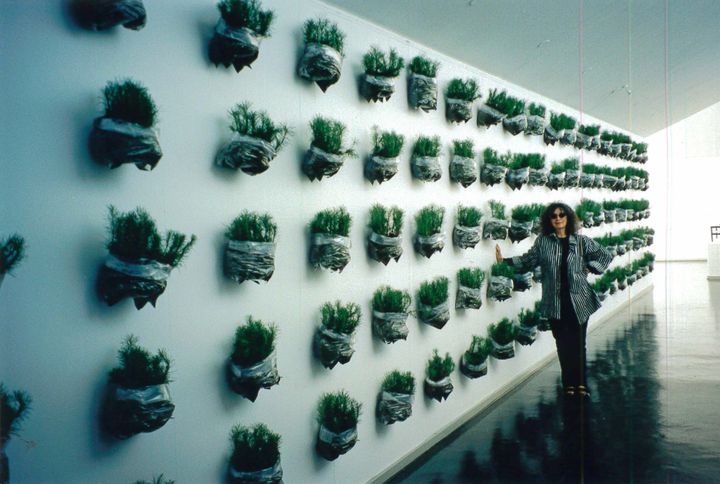Wadmalaw Longing Song
Throwing them into relief is the long side of the shed where, painted fresh over the whitewash, a vine-ripe tomato at the peak of its succulence.

by Erin Davis
My welcome is the egret, drawn inland by the promise of rest. He stands with beak down, staring with desire at the frogs sitting dormant under summer heat. Throwing them into relief is the long side of the shed where, painted fresh over the whitewash, a vine-ripe tomato at the peak of its succulence. Looking towards this, there’s no question that I’ve come here to repent the lookahead into my future; to enjoy the past through which I hardly lived but through the stories of others.
Where the egret stalks further west, the tomatoes rise in the reflection of their perfect likeness. They make breakfasts for those with pitiless stomachs, breaking up days of repetition with thankful plates and the root-deep knowledge of need, tasting of eternal time, as it always has and should be. And evenings within the farm’s solitude, those remaining in the porch light’s halo smell the salt air rise. They eat at the front steps and will bunk there, too, where before sleep they will pray to He who provided and proved the seed a continuum of abated hunger. Their mother ensures it.
There is a cycle, years turning and folding upon themselves, a growing unnaturalness: acres driven down by boot soles, then the pump of combusting machines until, exhausted, they breathe their final shaking breath, lie fallow, depleted in rest. In this cycle, it seems — to those who remember — that the world tilts ever faster towards the now, the now of praising what is simple and the simple lives that raised the first standard. As if a people could, if just imagined hard, stand still long enough for the spot tail to come along and pluck fruit for her young. If we dared not move, we could watch it happen, not daring to disturb a young family in their peace.
The deer moved ground after the final harvest; they scrabble now at shrubs and stalk fence perimeters in hopes of fallen figs or wild pears. And as they fill the bellies of their young far from the rotting shed, I pick tomatoes by their cheapness, paralyzed by the notion that a family half round the speeding world bends to earth now and, in snatches of quiet, sits together at table. Perhaps many sons and daughters are dreaming daily as they peel the skin for supper, certainly with the slate of generational sweat.
In an effort to not look forward, to keep my eyes forever at my back, the understanding that I am of convenience lingers. The dirt at the roadside is too hot for me to sit now, should I go and seek it. But if life were, for me, to come back in keen perspective, I suppose I should lie stomach down, and stare at a great painted tomato with elbows propped, knowing therein rest great tractors at the sunset of their work.


